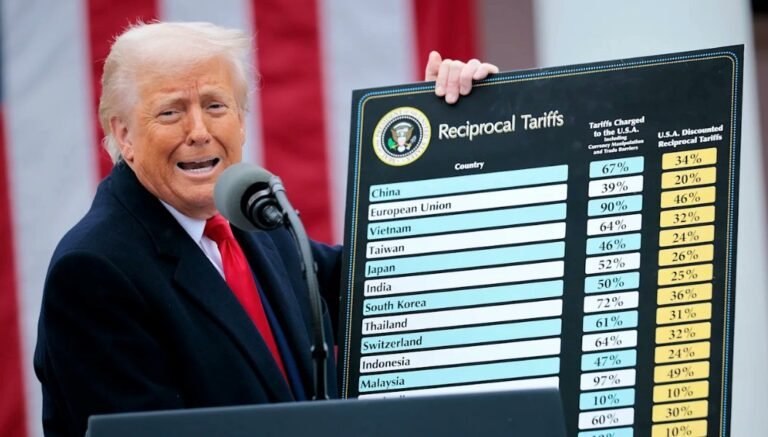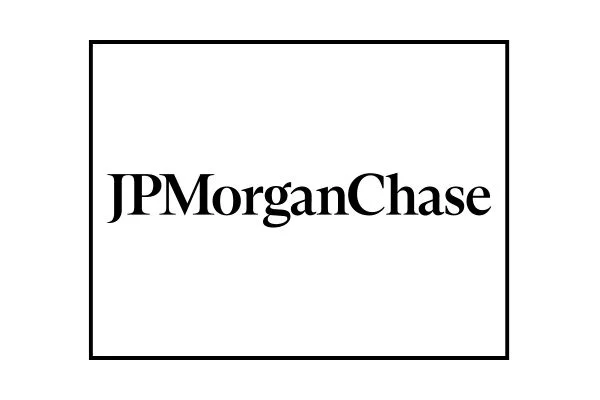The Bureau of Public Procurement (BPP) and the Standards Organisation of Nigeria (SON) have entered into a partnership to integrate the Nigerian Industrial Standards (NIS) into the procurement of goods, works, and services. This is in line with the “Nigeria First” policy under President Bola Ahmed Tinubu.
Partnership Terms
Under the terms of the partnership, preference will be given to Made-in-Nigeria goods. additionally, all goods, works, and services must conform to Nigerian Industrial Standards (NIS). The partnership also mandates that goods, work, and services be certified by relevant government agencies.
Consequently, the BPP, in collaboration with the SON, has resolved to integrate NIS into the federal public procurement process to enhance the quality of government projects, safeguarding public investments, and empowering local manufacturers.
Also Read:
- BPP Queried Over N22million Welfare Package, N57million for Travels During COVID-19
- Development for Sale: Public Procurement in Nigeria is Stuck in a Quagmire - Dr. Joe Abbah
- Pitfalls, Issues And Prospects: A Perspective On Some Concessions Of Public Infrastructure…
- Arbiterz Jobs: African Development Bank Group, Palladium, Mastercard, Jumia
As a result of this agreement, companies bidding for government contracts will soon be required to present a Nigeria Industrial Standards certificate of subscription to SON’s Digital Standards Platform (DSP) as a prequalification document. This ensures they have access to relevant standards for their products and services.
Ministries, Departments, and Agencies (MDAs) will be required to access the DSP for procurement planning and specification writing to ensure product, goods and services are captured based on prescribed standard. This is to enable verification of compliance with applicable standards and embedding quality from the project’s inception.
What Next?
MDAs are expected to begin updating their procurement processes, gaining access to the DSP, and incorporating standards into bidding documents. Companies and operators within the procurement value chain are also encouraged to begin preparations to subscribe to the DSP in order to access relevant standards and obtain their subscription certificates, as soon as implementation kicks off.
By mandating the use of Nigerian standards, the Federal Government hopes it will promote local manufacturing, reduce substandard imports, and strengthen Nigeria’s industrial capacity, aligning procurement with national economic priorities.

























